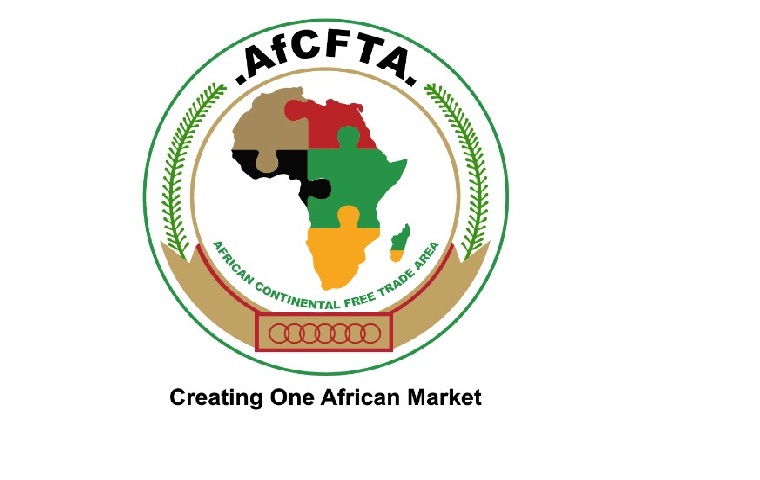Abuja, Nigeria – In a major push to position Nigerian businesses for continental trade dominance, the Nigeria AfCFTA Coordination Office has partnered with the World Customs Organization (WCO) to train three million enterprises on critical export rules under the African Continental Free Trade Area (AfCFTA) agreement.
The massive capacity-building initiative, announced during a stakeholders’ workshop in Abuja, forms part of Nigeria’s strategic preparations to harness the $3.4 trillion market opportunity created by the landmark trade pact.
Why This Training Matters
At the heart of the program is mastering the Rules of Origin – the technical criteria that determine whether products qualify for preferential tariff treatment across Africa.
“These rules are the golden ticket to accessing continental markets,” said Mr. Olusegun Awolowo, National Coordinator of the Nigeria AfCFTA Coordination Office. “Without proper understanding, Nigerian businesses risk losing competitive advantage in the AfCFTA marketplace.”
The training will empower participants to:
✔ Correctly classify products under AfCFTA categories
✔ Navigate customs procedures for seamless exports
✔ Leverage preferential tariffs for competitive pricing
✔ Avoid costly compliance errors that could block market access
Government’s Multi-Pronged AfCFTA Strategy
The workshop revealed Nigeria’s comprehensive approach:
1. Nationwide Capacity Building
-
Series of engagements targeting SMEs, manufacturers and exporters
-
Peer-learning mechanisms to amplify knowledge transfer
2. Customs Modernization
-
Upgraded ICT infrastructure for efficient export processing
-
Specialized Export Command established by Nigeria Customs Service
3. International Collaboration
-
Technical support from EU-WCO Origin for Africa Programme
-
Alignment with President Tinubu’s Renewed Hope Agenda for trade expansion
“We’re not just preparing for AfCFTA – we’re positioning Nigeria as Africa’s export powerhouse,” said Caroline Niagwan of the Nigeria Customs Service.
Private Sector Reaction
Manufacturers and SME representatives welcomed the initiative:
“This demystifies AfCFTA for practical business application,” noted a participant from the Manufacturers Association of Nigeria. “We can now strategically plan our continental expansion.”
The EU-WCO program has committed ongoing support, including:
-
Advanced technical assistance
-
Cross-border trade facilitation measures
-
Continuous policy updates as AfCFTA evolves
What’s Next?
With the first wave of training commencing, Nigerian businesses are now better equipped to:
Penetrate new African markets
Optimize supply chains under AfCFTA provisions
Compete effectively against regional rivals
“This is Nigeria’s moment to lead Africa’s trade revolution,” Awolowo concluded. “We’re building an army of export-ready enterprises.”
Business owners can register for training through the Nigeria AfCFTA Coordination Office website.

